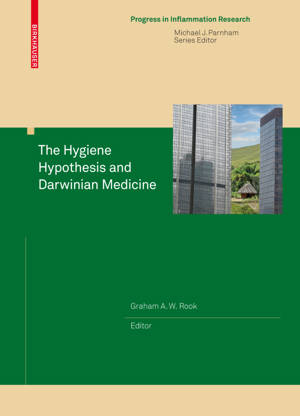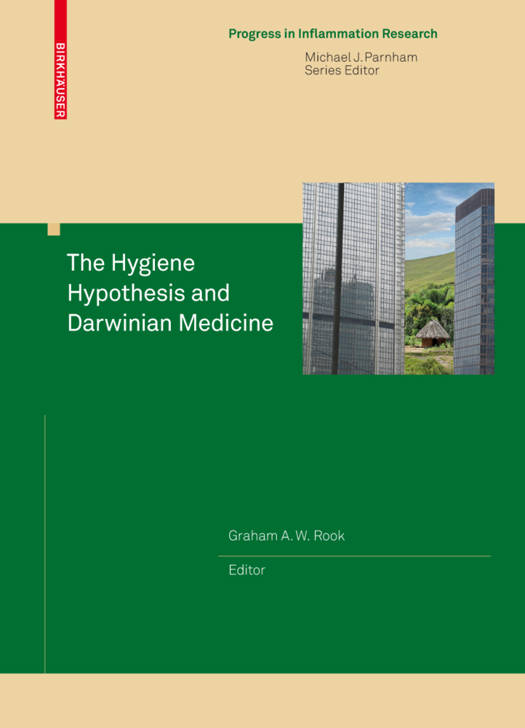
- Afhalen na 1 uur in een winkel met voorraad
- Gratis thuislevering in België vanaf € 30
- Ruim aanbod met 7 miljoen producten
- Afhalen na 1 uur in een winkel met voorraad
- Gratis thuislevering in België vanaf € 30
- Ruim aanbod met 7 miljoen producten
Omschrijving
Man has moved rapidly from the hunter-gatherer environment to the living conditions of industrialised countries. The hygiene hypothesis suggests that the resulting reduced exposure to micro-organisms has led to disordered regulation of the immune system, and hence to increases in certain chronic inflammatory disorders, like allergic disorders, autoimmunity, inflammatory bowel disease, atherosclerosis, depression, some cancers and perhaps Alzheimer and Parkinson. This book discusses the evidence for and against in the context of Darwinian medicine, which uses knowledge of evolution to cast light on human diseases. The approach is interdisciplinary, looking at man's microbiological history, at the biology of the effects of microorganisms on the immune system, and at the implications for chronic inflammatory disorders in multiple organ systems. Finally, the authors describe progress in the exploitation of microorganisms or their components as novel prophylactics and treatments.
Specificaties
Betrokkenen
- Auteur(s):
- Uitgeverij:
Inhoud
- Aantal bladzijden:
- 308
- Taal:
- Engels
- Reeks:
Eigenschappen
- Productcode (EAN):
- 9783764389024
- Verschijningsdatum:
- 14/08/2009
- Uitvoering:
- Hardcover
- Formaat:
- Genaaid
- Afmetingen:
- 165 mm x 234 mm
- Gewicht:
- 884 g

Alleen bij Standaard Boekhandel
Beoordelingen
We publiceren alleen reviews die voldoen aan de voorwaarden voor reviews. Bekijk onze voorwaarden voor reviews.











